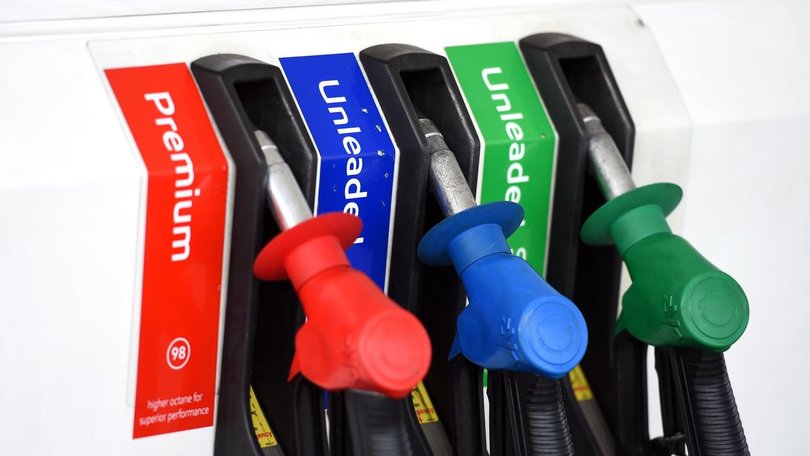Budgets running on fumes as car costs outpace inflation and households struggle to manage price rises

High transport costs are fuelling household budget concerns with research revealing a surge of more than 10 per cent over a year.
Figures from the Australian Automobile Association showed households in three capital cities were spending more than $500 a week on transport, and the average cost of driving a car and catching public transport soared to $458 per week across the nation.
The findings came as NRMA analysis ranked Australian capital cities by fuel price, showing the cost of petrol had risen in all states during 2024.
Sign up to The Nightly's newsletters.
Get the first look at the digital newspaper, curated daily stories and breaking headlines delivered to your inbox.
By continuing you agree to our Terms and Privacy Policy.The AAA’s latest Transport Affordability Index showed household transport costs rose by 10.5 per cent in the year to June, almost triple the consumer price index of 3.8 per cent.
Rising prices saw the average household cost of transport in capital cities reach $491 a week, with the highest costs in Melbourne ($568), Brisbane ($560) and Sydney ($539).
Households in regional areas paid an average of $421 a week, the report found, with Alice Springs ($446), Geelong ($444) and Bunbury ($441) among the most expensive towns surveyed.
The AAA found that car loan payments, fuel and insurance costs consumed the greatest proportion of household transport budgets, while tolls and public transport also impacted costs in capital cities.
The automobile association’s managing director Michael Bradley said that transport costs were using more household income and that governments should consider these price demands when creating policies.
“At a time when cost-of-living pressures across the board are hurting most Australians, increased transport cost rises are a major pain point for households and businesses,” Mr Bradley said.
“Transport is a significant and unavoidable expense for households.”
The petrol price analysis released separately by motoring group the NRMA delivered bad news for drivers in Canberra and Brisbane.
Unleaded petrol in both capitals averaged more than $2 a litre during 2024, followed by Sydney and Melbourne at $1.97 per litre.
Perth and Adelaide were the cheapest capitals for unleaded petrol, with average prices of $1.86 and $1.88 respectively.
Adelaide motorists benefited from the largest concentration of independent petrol stations in Australia, NRMA spokesman Peter Khoury said, and more action was needed to lower the cost of transport for households.
“Family budgets are hurting under the weight of rising fuel costs and the Australian economy, which runs on fuel, is also deeply affected by these high prices,” he said.
“The exorbitant prices that we see in our largest cities are entirely due to the domestic price cycles and this must stop.”
The reports come days after Queensland Premier Steven Miles announced several fuel reform promises, including a daily cap on price rises and plans to build state-owned petrol stations if Labor wins the October state election.
